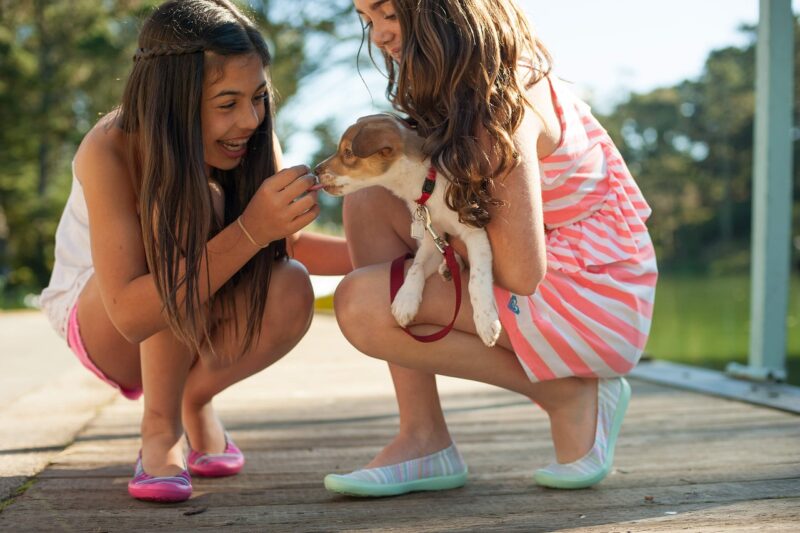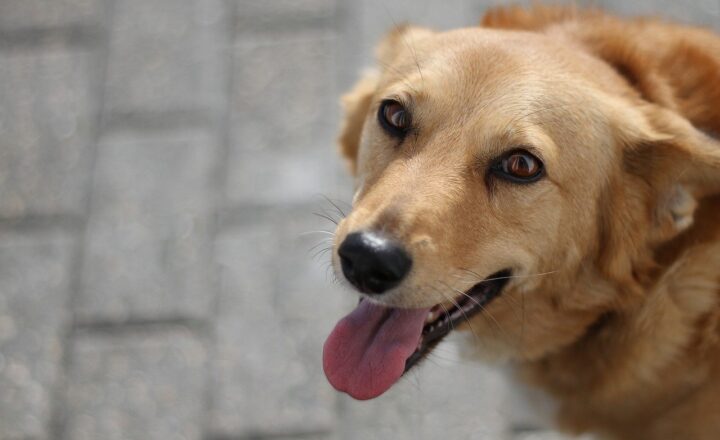
Socializing your puppy is one of the most critical steps in raising a well-adjusted dog. Proper socialization helps ensure your puppy grows into a friendly, confident, and well-behaved adult. Unlike many behaviors, socialization has a window of opportunity that is often most effective during the first few months of your puppy’s life. This detailed guide explores the dos and don’ts of puppy socialization to help you navigate this essential training phase.
1. Understanding Puppy Socialization
Socialization involves exposing your puppy to various experiences, environments, people, and other animals in a safe and controlled manner. The goal is to help your puppy feel comfortable and relaxed in new situations, reducing fear and anxiety as they grow into adulthood.
Puppy socialization should begin as early as possible. The critical window for socialization is between 3 and 14 weeks of age. During this period, puppies are highly receptive to new experiences, making it easier for them to develop positive associations with the world around them.
2. The Dos of Socializing Your Puppy
Do Start Early
One of the best ways to set your puppy up for success is to start socialization as soon as you bring them home. Begin with gentle exposures to various sights, sounds, and people to instill comfort in new experiences.
– Introduce your puppy to other dogs at a young age. Ensure these interactions are with well-behaved, vaccinated dogs to prevent negative experiences.
– Visit different environments, including parks, residential areas, and stores where pets are allowed. Gradually expose your puppy to a wide range of settings.
Do Use Positive Reinforcement
Positive reinforcement is vital in making socialization a pleasant experience for your puppy. Use treats, praise, and playtime to reward your puppy for calm behavior in new situations.
– Encourage your puppy to explore their surroundings. If they approach something new, reward them with a treat or verbal praise.
– If they encounter something scary, allow them to retreat and provide comfort. Avoid forcing them into situations that make them uncomfortable.
Do Monitor Interactions
Not all interactions will be beneficial for your puppy. Always supervise their interactions with other dogs and people.
– Watch for signs of stress, such as tail tucking or excessive barking. If your puppy seems overwhelmed, it’s best to leave the situation.
– Avoid overly rambunctious dogs that may frighten your puppy. Introduce them to calm, friendly dogs first.
Do Gradually Increase Exposure
To help your puppy build confidence, gradually increase their exposure to various stimuli.
– Start with gentle sounds (like doorbells or vacuums) at a low volume, then increase as they get more comfortable.
– Introduce different people, from children to elderly individuals, and allow your puppy to engage at their own pace.
Do Attend Puppy Classes
Puppy classes provide guided socialization opportunities under professional supervision. They can help your puppy learn to interact safely with other dogs, receive basic obedience training, and meet new people.
– Look for classes that focus on positive reinforcement.
– Ask about their socializing methodology to ensure they align with your training goals.
3. The Don’ts of Socializing Your Puppy
Don’t Overwhelm Your Puppy
Avoid flooding your puppy with too much stimulation at once. This can lead to anxiety and fear.
– Limit the number of new experiences introduced in a single day.
– Be mindful of your puppy’s response; if they show signs of distress, remove them from the situation and try again later.
Don’t Expose Them to Negative Experiences
Ensure that every interaction your puppy has is a positive one. Negative experiences can have lasting effects.
– Avoid situations with aggressive dogs or overly rough handling by people, as these can frighten your puppy.
– Similarly, don’t allow your puppy to be pushed or bullied by children or adults, even if unintentional.
Don’t Skip Important Exposures
While it is essential to avoid negative experiences, it’s also vital to ensure your puppy encounters various situations during their socialization window.
– Expose them to various environments, people of different ages, and other pets early on.
– Make sure they experience everyday noises, like cars and household appliances, to prepare them for life.
Don’t Use Punishment
Never punish your puppy for being scared or anxious. Punishment can lead to more anxiety and behavioral issues.
– Instead, focus on redirecting their attention or providing comfort. Use treats to help them associate new experiences with positive outcomes.
Don’t Neglect Continued Socialization
Even after the critical window, continued socialization is important.
– Keep exposing your dog to new experiences throughout their life to reinforce positive behavior and combat fears.
– Maintain a routine of outings and interactions to keep their skills sharp. Remember, socialization doesn’t end at 14 weeks.
4. Conclusion
Socializing your puppy is essential for their development into a confident and friendly adult dog. By practicing the dos and avoiding the don’ts, you’ll set your puppy up for a lifetime of happy, positive experiences. Remember, socialization is a gradual process, and patience is key. Each puppy marches to the beat of its drum, so tailor the socialization to suit your puppy’s unique personality. With your guidance, your puppy can grow into a loving and well-behaved companion for years to come.






